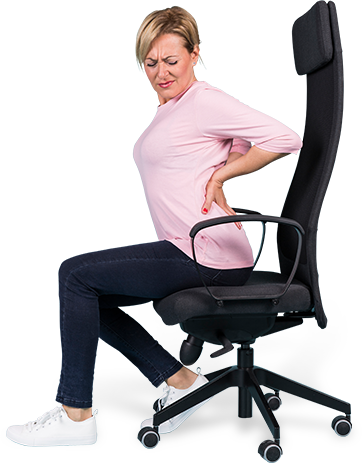A joint is comprised of both the space that exists between two bones, and the various connective tissues that help hold them together. Joints provide both stability and mobility when you move, and when damaged, can be a source of great pain and immobility. For these reasons, joint health is of the utmost importance for overall body functioning.
Two of the most successful strategies for preserving the joints are strengthening the muscles around them (better shock absorption), as well as maintaining their mobility. Unfortunately, for those that already have some level of osteoarthritis, most traditional strategies for achieving this are difficult to do without aggravating the condition itself. It’s a vicious cycle.
If you want to learn which machine is best or your needs we’ve made a comprehensive reaserach which you can get for free below.

As a mother of three I love being able to get a workout done in only 10-minutes. My knee problem is gone.
Over time, our joints tend to deteriorate. Referred to commonly as osteoarthritis — because of the inflammation associated with the process — joint deterioration can be the result of instability, excess tissue stiffness, being overweight, bad skeletal alignment, or overuse activities. If left untreated, osteoarthritis can lead to the need for joint replacement.


I just wanted to say how good Hypervibe has been for me. I’ve been using it for 1 month. Previously I couldn’t exercise due to painful arthritis. Even walking around the block would result in falls. With Hypervibe I can feel strength coming back into my joints without upsetting my arthritis. This is exercise I can do.
Whole Body Vibration has been shown to be a safe and effective way to perform these vital joint- protecting exercises when suffering from osteoarthritis.
In a 2011 study on war veterans who had numerous medical conditions, including osteoarthritis and artificial joints, there was a remarkable adherence rate in the HyperVibe Whole Body Vibration group compared with the group performing traditional strength exercise.1 Studies have shown that Whole Body Vibration can produce comparable strength gains to traditional strength exercises by simply standing on the platform.
In other research, it was shown that not only did Whole Body Vibration provide a pain free way to increase strength for people with arthritis, but it also reduced Inflammation associated with arthritic joints.2
Whole Body Vibration is frequently used as a rehabilitation tool for those who have joint replacement or ligament surgery, where studies have also found Whole Body Vibration to be effective.3,4